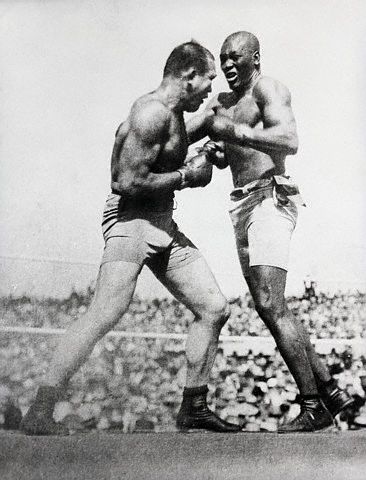This is black history month, so i will show biographies and photos of the three black heavyweights, that were the most important to black equality and civil rights, first jack johnson, then joe louis, then finally muhammad ali!
 jack johnson
jack johnson
 joe louis
joe louis
 muhammad ali
muhammad ali

 jack johnson
jack johnson joe louis
joe louis muhammad ali
muhammad ali





Comment